Take the opportunity to wean your piglets differently
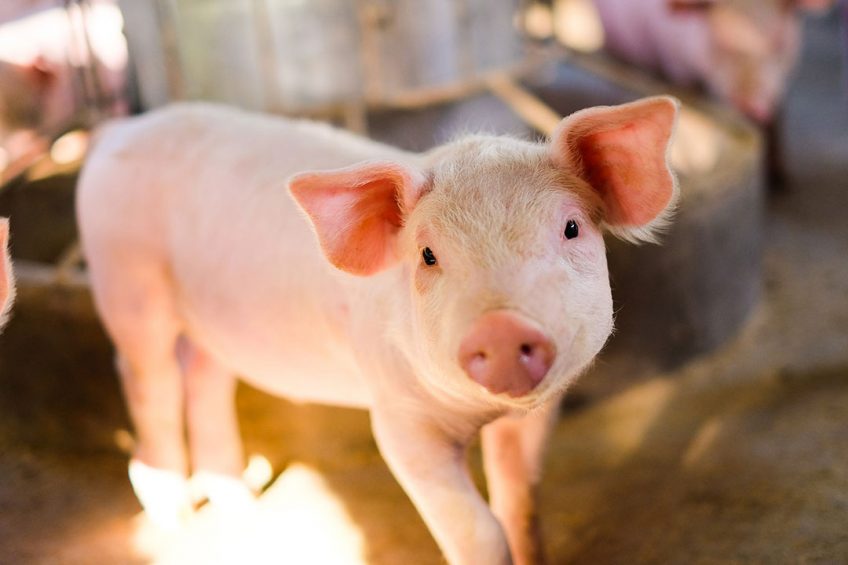
Weaning is the most challenging and stressful event in the piglets life we can help the piglets by increasing the resilience of the piglet and / or reducing the challenge. With the banning of high levels of ZnO in 2022, new solutions must be found.
A piglet is taken from his mother at a younger age than in a natural environment, he would gradually leave the sow at around 3 months of age. This is a huge challenge for the young piglet: he doesn’t have his mother calling him to feed, he is offered a different diet, taken to a different environment, without a great source of heat (sow) and sometimes a less controlled environment, he will also have to establish a new pecking order and new rights in the newfound world of the post weaning accommodation.
Weaning and its challenges
This decrease in feed intake, different diet, sudden changes in maternal immunity leads to anatomical and physiological changes to the intestine, impacting on tight junction integrity and leading to further problems of epithelial resistance to pathogens that take advantage of these conditions, such as E. coli and Salmonella.
As prophylactic and metaphylactic use of antimicrobials started becoming under fire and rightly stopped being used, one tool to help with the challenges of weaning remained: Zinc Oxide.
Zinc is an essential trace mineral, with the maximum permitted European level of zinc from 2022 onwards (150 ppm in the starter feed) aimed at addressing this need for zinc, the mode of action of ZnO used in high doses is still not completely understood but due to its negative environmental impact, a ban on the use of zinc oxide in high doses in feed for weaned pigs will come into effect in June 2022, so the hunt is on for alternative strategies.
Take a different approach when weaning
Piglet weaning is carried out earlier than it would naturally and is the single most stressful point in the piglets life. Weaning leads to anatomical and physiological changes to the intestine that lower the resistance to common post weaning pathogens.
Some management practices can help the piglet go through this challenging period but with the banning of high doses of ZnO coming in 2022, this makes it essential to have a holistic approach with interventions that lead to reduced challenge to the piglet and increased resilience to the weaning challenge.
We can intervene to reduce the challenge with management practices and some interventions such as a blend of acids and essential oils that contribute to control of pathogens post weaning and we can increase the piglets resistance or resilience with vaccines and some new tools such as an algae beta-glucan that has been shown to have immune modulating effects improve its response to challenges and vaccinations.
Increasing resilience of the piglet
We need a holistic approach and work towards increasing resilience of the piglet and lowering the challenge to ensure a smooth transition without relying on high doses of ZnO or antibiotics.
We need to reduce the challenge to the animals, these can be addressed through:
- adequate cleaning and disinfection
- biosecurity
- vaccination programmes
- ensuring optimal feeding and nutrient availability, protein source, protein level, fibre
When pigs are housed in less than ideal conditions more stress to the animal will ensue. The resistance and resilience is well known to be improved through vaccinations, or new technologies, such as β-(1.3)-glucan. Using beta-(1.3)-glucan can result in improved resilience. A particular algae derived beta-glucan has been shown to have immune modulating effects. Once in the piglets body, immune cells, like macrophages and dendritic cells will become more active in engulfing, killing and digesting invading pathogens and will initiate a signalling cascade stimulating the attraction, formation and activation of other immune cells.
Figure 1 – Effect of algae beta-glucan on serumIgA of piglets aged 51 days.

Algae β-glucan influences and modulates cytokine and chemokines. The production of IL-6 (a pro- and anti-inflammatory cytokine), IL-10 (an anti-inflammatory cytokine), and IL-18 (a pro-inflammatory cytokine) was show, both pro-inflammatory and anti-inflammatory cytokines lead to a balanced immune response: activation but no overstimulation of the immune system (which would result in inflammation). Algae β-(1.3)-glucan offered to piglets enhanced protection of the intestinal wall through a significant (p < 0,05) increase in IgA (Figure 1), IgA’s have long been considered to be the first protective barrier against adhesion and invasion of pathogenic microorganisms to the mucosa. A second approach is to reduce the challenge. Some of the most common options available are acids that are capable of bypassing the stomach. More important than the direct pH effect is the acid anion effect, un-dissociated acids are lipophilic and can diffuse through the lipid fraction of cellular membrane of bacteria and act inside as bacteriostatic and bactericide. Another often considered option to control the bacterial challenge post weaning are plant essential oils, these increase the cell wall permeability for protons and K+ ions. The formation of ion gradient leads to impairment of essential processes and death of the cell. A micro encapsulated synergistic blend of functional acids (Formic and Citric) with encapsulated functional flavour ingredients (Cinnamon, Oregano, Citrus fruits, Thyme, Capsicum), inclusion of this blend of acids and essential oils to piglets post weaning resulted in the reduction of diarrhoea when piglets were challenged with E. coli.
Successful weaning requires holistic approach
A holistic approach is needed to wean piglets successfully, now and in the future, a fitter immune system and attention to all areas that impact the piglets are needed.
Author:
Ricardo Neto, technical service manager, Kemin
 Beheer
Beheer

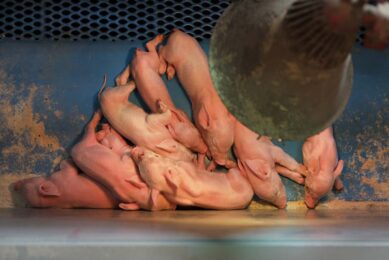
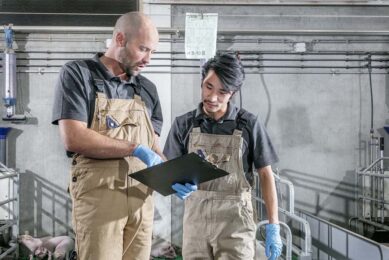
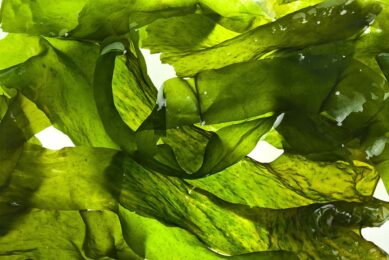
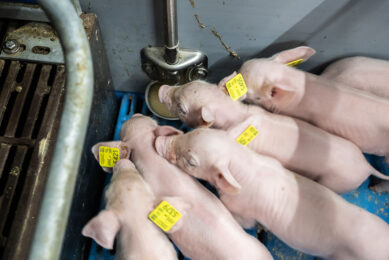
 WP Admin
WP Admin  Bewerk bericht
Bewerk bericht